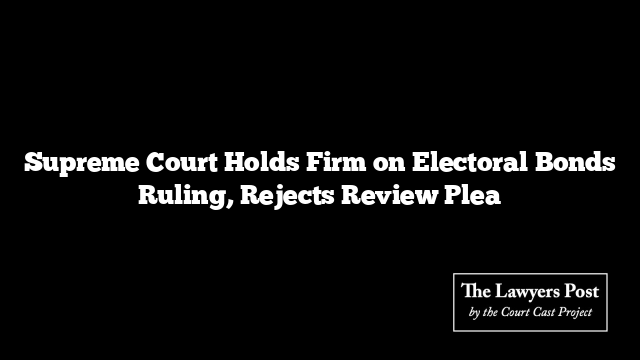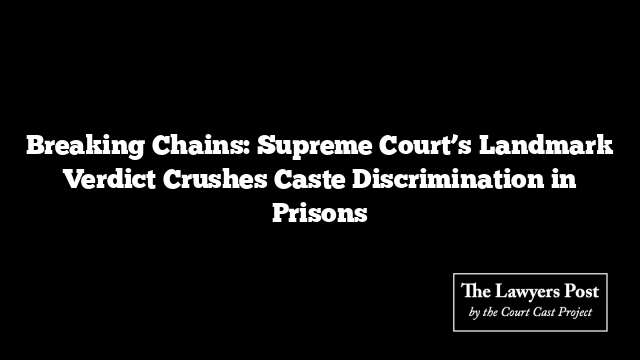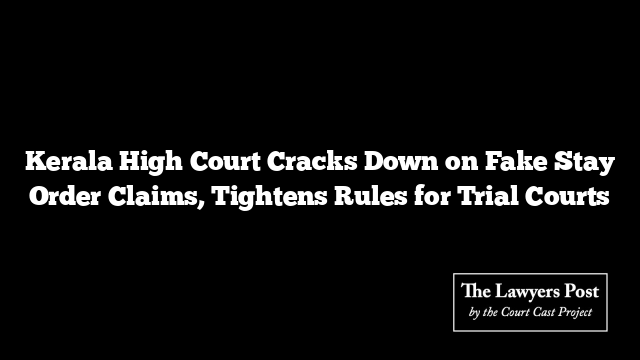The Supreme Court has firmly stood by its February 15 ruling that dismantled the controversial Electoral Bonds Scheme, dismissing a review petition that challenged its earlier decision. A bench comprising Chief Justice DY Chandrachud and Justices Sanjiv Khanna, BR Gavai, JB Pardiwala, and Manoj Misra unanimously found no error in its original judgment, which had struck down the scheme due to concerns about anonymity and lack of transparency in political funding.
The dismissed petition was filed by advocate Mathews J Nedumpara, who sought to have the case reconsidered in open court. However, the Court, in its response, rejected the plea, stating that there were no grounds for a review under its rules.
The scheme, originally introduced through the Finance Act of 2017, had allowed individuals and entities to anonymously purchase electoral bonds from the State Bank of India (SBI) to fund political parties. Supporters of the system argued that it provided a more transparent alternative to cash donations. Critics, however, warned that it opened the floodgates for unchecked political funding and undermined the public’s right to know the source of these donations.
On February 15, the Supreme Court had not only quashed the Electoral Bonds Scheme but also struck down amendments made to the Income Tax Act and the Representation of People Act that had allowed donations to remain anonymous. The Court further ordered the SBI to submit details of political contributions made via electoral bonds from 2019 to the Election Commission of India, holding that such secrecy violated citizens’ right to information and free speech.
In their plea for review, petitioners argued that the Court had overstepped its bounds by acting as an “appellate authority” over Parliament, stepping into the domain of legislative and executive policy. They maintained that public sentiment might have been largely in favor of the scheme and that the Court’s judgment ignored the potential support it had among the citizenry.
Despite these arguments, the Court remained steadfast, reaffirming its position that the Electoral Bonds Scheme was inherently flawed in its anonymity, leaving too many avenues for undisclosed political financing. With the review petition now dismissed, the judgment continues to stand as a significant move toward greater transparency in India’s political funding system.





